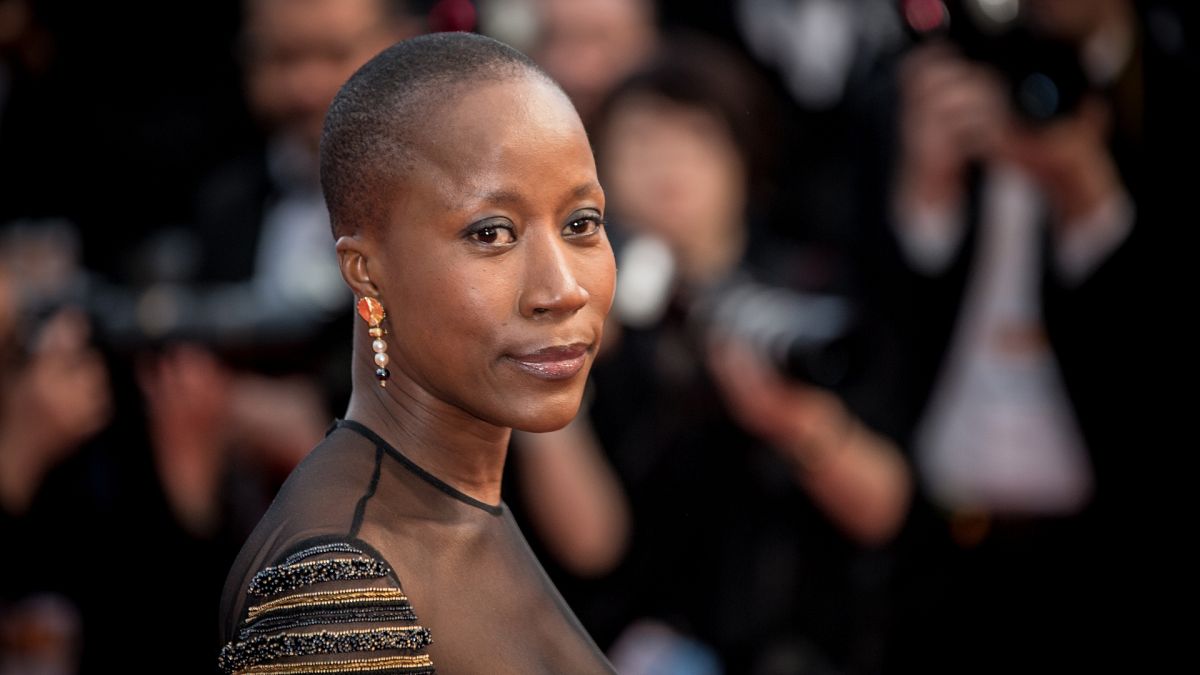Brussels and London agree to strengthen cooperation ‘at pace’

Both sides agreed to hold a summit to “oversee the development” of the new relationship in early 2025.
The United Kingdom and the European Union have jointly vowed to take forward their “agenda of strengthened cooperation at pace”, with a leader-level summit on the reset in relations expected to take place early next year.
In a joint statement, the President of the European Commission, Ursula von der Leyen, and British Prime Minister Keir Starmer said they would start the work of defining “the areas in which strengthened cooperation would be mutually beneficial,” listing the economy, energy, security and resilience as priority areas.
Despite the warmer tones, Starmer refused to be drawn on how he saw EU-UK relations strengthening in the future; insisting the two sides were still in the early days of the reset.
However, he stressed the UK government’s intention to improve relations in order to achieve practical “deliverables”.
This visit was about charting a “return to pragmatism and to doing business in a respectful way and in a way which I think will focus on deliverables”, he told reporters after the meeting.
He agreed talks going forward might be challenging but said that rebuilding relations with Brussels rather than “charging to the nearest camera or megaphone” was the better option.
“Look, of course, there’ll be challenges along the way, but this was about a good faith step forward to constructive deliverables, which I think are achievable,” he told journalists.
‘Move beyond Brexit’
Wednesday’s meeting was Starmer’s first formal bilateral one-on-one with von der Leyen since his election last July. He also met the outgoing president of the European Council, Charles Michel, and the president of the European Parliament, Roberta Metsola.
The move is of major symbolic importance in efforts to restore the relationship between both sides, eight years after the UK voted to leave the bloc and four years since it formally exited its political and economic structures.
Starmer’s Labour-led government has set out to change the tone of UK-EU relations after 14 years of successive Conservative governments in London, during which the relationship plunged to a historic low.
With war raging on Europe’s doorstep in Ukraine and in the Middle East, closer cooperation on security and defence that could span broad areas including critical raw materials, energy and migration, is said to be under consideration.
Since he entered government in July, Starmer has also vowed to smooth out barriers to trade with the EU, after the UK’s post-Brexit exit from the EU single market delivered a heavy blow to UK-based traders and businesses.
Speaking ahead of the meeting, von der Leyen said: “Our alignment on global affairs provides a good foundation for our bilateral relations and we have a set of solid agreements in place.”
“We should explore the scope for more cooperation while we focus on the full and faithful implementation of the withdrawal agreement, the Windsor Framework and the TCA,” von der Leyen added, signalling the EU executive will want the UK to comply with all its post-Brexit obligations before it can improve its post-Brexit trading conditions with the European bloc.
Ahead of the talks, the UK government said in a statement it wanted to “move beyond Brexit” with improved cooperation with the European bloc.
“I firmly believe that the British public want to return to pragmatic, sensible leadership when it comes to dealing with our closest neighbours,” Starmer told reporters.
“To make Brexit work and to deliver in their interests, to find ways to boost economic growth, strengthen our security and tackle shared challenges like irregular migration and climate change,” he added.
But Starmer has also defined clear red lines, ruling out any return to the EU’s single market, customs union or freedom of movement as part of the re-negotiated relationship. A stance he reiterated in his post-meeting press conference
“There will be no return to freedom of movement, no return to the Customs Union, no return to the single market, but we will find constructive ways to work together and deliver for the British people,” he said.
No ‘cherry-picking’
While there is appetite in Brussels to engage, especially on common efforts to tackle irregular migration and boost cooperation on security, the EU is unlikely to give in to Starmer’s demands without drawing concessions.
In April, the EU executive tabled a proposal for a youth mobility agreement, which would restore young Brits and Europeans’ ability to freely travel, work and study on both sides.
But the deal would likely be unpalatable to large swathes of the UK’s pro-Brexit electorate, meaning Starmer has repeatedly ruled it out both during and after his electoral campaign. His home secretary Yvette Cooper said in an interview last week that the EU sees the deal “in the context of free movement,” doubling down on the UK’s refusal to allow freedom of movement across its borders.
Analysts say that both London and Brussels may need to strike a compromise deal on youth mobility to be able to reach more mutually beneficial agreement on critical issues such as trade and security.
“I think there is a recognition within the (Labour) party that it is going to have to agree to some kind of youth mobility agreement,” Joel Reland of UK in a Changing Europe told Euronews.
“Similarly, the EU has hinted that it may be willing to compromise on the initial deal it proposed – for instance by reducing the length of time that young people can travel for, or removing the demand that EU students pay the same tuition fees as UK students,” Ireland added, suggesting there is a “landing zone” where both sides could subscribe to the mobility deal.
World News || Latest News || U.S. News
Source link



